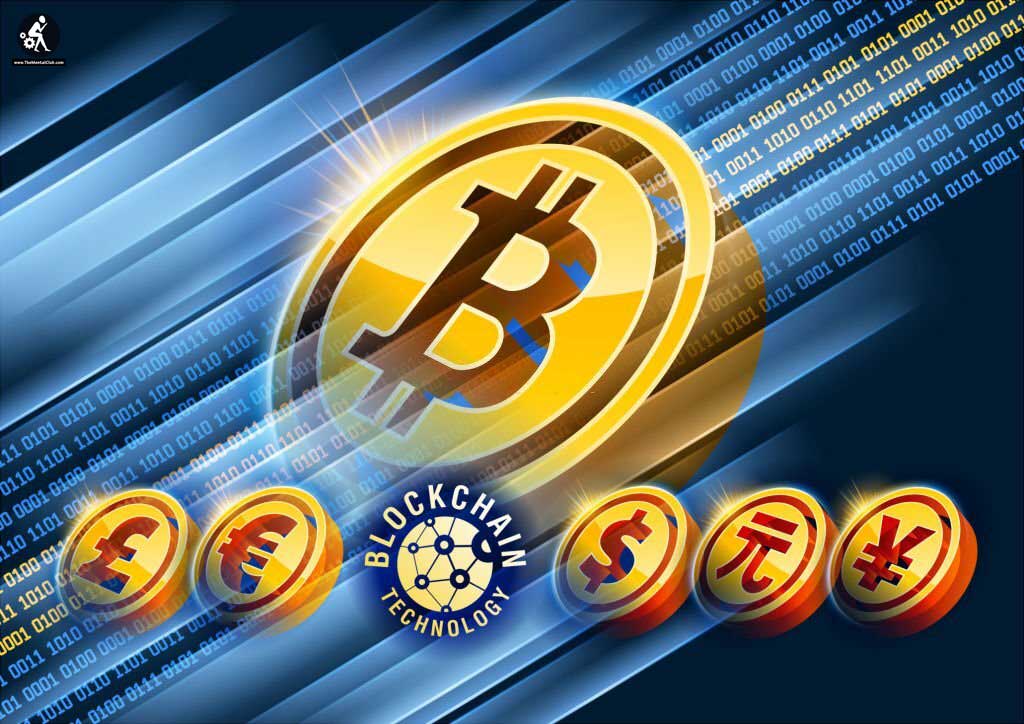NFTs are like digital passports for unique items in the online world. They use blockchain, a unique technology that helps make sure things are genuine and cannot be copied. NFTs are like special badges that show you own something one-of-a-kind, like a digital painting or a rare video clip. NFTs live in places called NFT marketplaces. It’s like an online store where you can buy and sell these digital badges. Just like an auction house, people bid and trade NFTs to get what they want. Some even use NFTs to earn money by playing games or creating cool digital stuff.

Behind all this magic, there are NFT Marketplace development services. These are like the builders who make NFTs work smoothly and look good. They use the power of blockchain to create, manage, and track NFTs, making sure they’re safe and real. So, NFTs and their marketplaces are bringing exciting changes to the digital world, thanks to the amazing technology called blockchain.
Top Blockchain Choices for NFT Marketplace Development
The NFT marketplace relies on blockchain technology as its foundation. This technology powers the digital platform where one can buy and sell distinct digital items. Let’s explore some blockchain technologies commonly employed within NFT marketplaces!
Ethereum
The Ethereum blockchain, widely used worldwide, is a digital system for executing transactions and deploying smart contracts. It allows various applications and digital assets to be created, bought, and sold. Ether, the cryptocurrency connected to Ethereum, is utilized for these operations. Cryptography helps for security purposes. Transactions are established by a network of computers, enabling trust and transparency. The Ethereum blockchain’s flexibility and broad adoption make it a foundational technology for many digital activities.

BNB Chain
Binance introduced the BNB Chain in 2020, built upon the Binance Chain. It works seamlessly with Ethereum’s Virtual Machine, known for speedy and cost-efficient transactions. This makes it popular for NFT marketplaces, like BakerySwap, a fast and low-cost NFT exchange on the BNB Chain. Its economical fees and cross-chain compatibility simplify NFT transfers between BNB Chain and other blockchains, enhancing versatility. Security is ensured by a proof-of-staked authority consensus mechanism, ensuring transparent and safe transactions. BNB Chain’s speed, affordability, interoperability, and security shine in the NFT marketplace, offering better efficiency and user experiences as the NFT trend continues.
Solana
Solana emerges as an optimal choice for NFT advancement, warranting attention. It harbors prominent NFT collections like DeGods, Okay Bears, and Degen Ape Academy. Rust serves as Solana’s coding language, lending developers user-friendliness. Magic Eden stands as the dominant global NFT marketplace, though ample space remains for bespoke marketplaces, optimizing NFT project experiences. Some temporary setbacks include sporadic blockchain downtime during heightened demand and potential forking, which, while not critical, carries the chance of bifurcating NFT versions post-fork.
Tezos
Tezos blockchain is known for its innovative features. Transactions are verified by participants, creating a secure network. Updates are proposed by users and, once approved, are automatically implemented. This ensures a flexible and adaptable system. This Blockchain has an NFT Marketplace known as TRUESY. Its main aim is to focus on reducing carbon footprints. Tezos prioritizes environmental well-being by minimizing energy usage than other platforms.

Cardano
Cardano’s blockchain doesn’t support smart contracts yet, but it’s embracing NFTs. In their ICO-style approach, users need to have faith in projects before the official launch. NFT-DAO is crafting the NFT standard for Cardano, and Cardano Kidz has achieved sold-out status, even without real-world use. Likewise, professor cardano and LoveAda are working on their marketplace using Cardano’s blockchain.
Flow
Flow blockchain boasts a unique marketplace and user-friendly smart contracts. The marketplace is powered by Flow’s fast and efficient network. It supports various digital assets and collectibles, enhancing user experiences. Flow’s smart contracts are scripted in Cadence, a purpose-built language designed to minimize errors and ensure security. This safeguards user funds and simplifies contract development. Flow’s approach makes it accessible and approachable for all creators and developers. It offers an intuitive platform for building decentralized applications and facilitating seamless transactions.
Avalanche
Avalanche blockchain is designed to handle lots of transactions quickly and without costing too much. It’s become well-known for supporting things like decentralized finance (DeFi) and places where you can buy special digital things called NFTs. One of the famous places to buy NFTs, called OpenSea, works on both Avalanche and Ethereum. It’s easy to use and makes trading smooth. Avalanche is affordable because it’s set up efficiently, which is especially good for NFTs where high fees can stop people from using them. And Avalanche can easily work with different blockchains, making it simple to move NFTs around. So, Avalanche is popular for its fast, affordable, and easy way to trade digital things.

Wrap Up
Blockchain platforms are driving the dynamic realm of NFT marketplace development. These platforms, such as Ethereum, Binance Smart Chain, Flow, Cardano, Tezos, Avalanche, and more, offer unique features that cater to creators, collectors, and users alike. By leveraging these platforms, NFT marketplace development companies can create vibrant and user-friendly spaces for buying, selling, and trading digital assets. As the NFT landscape continues to evolve, the role of these blockchain platforms remains pivotal in shaping the accessibility, efficiency, and innovation of NFT marketplaces. With diverse options available, the NFT marketplace development company holds the key to unlocking the full potential of this exciting digital economy.


































